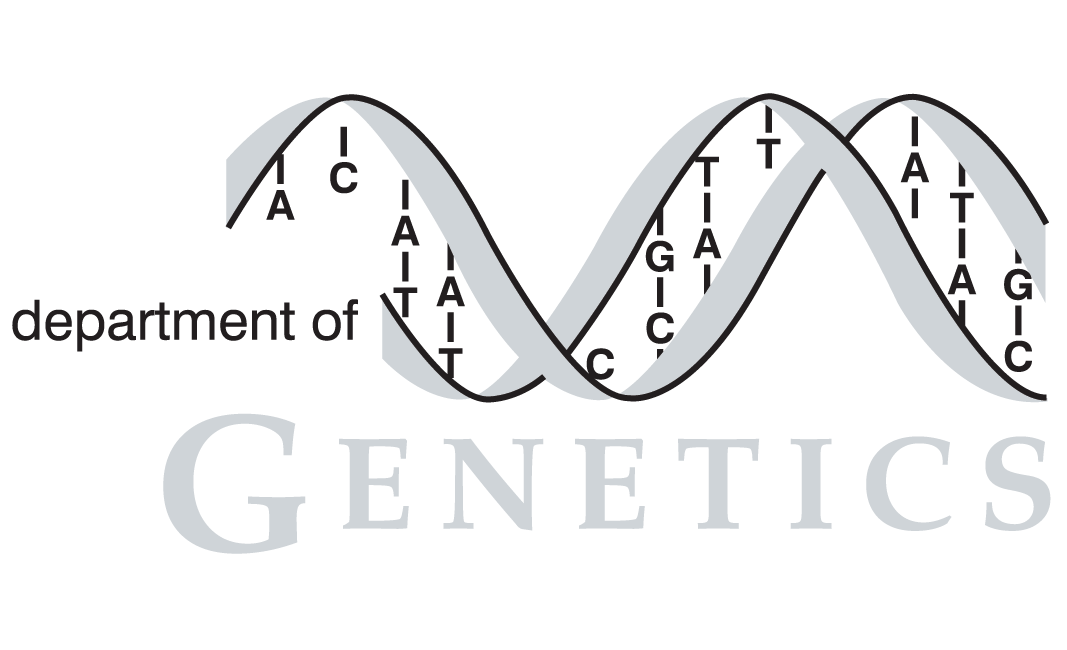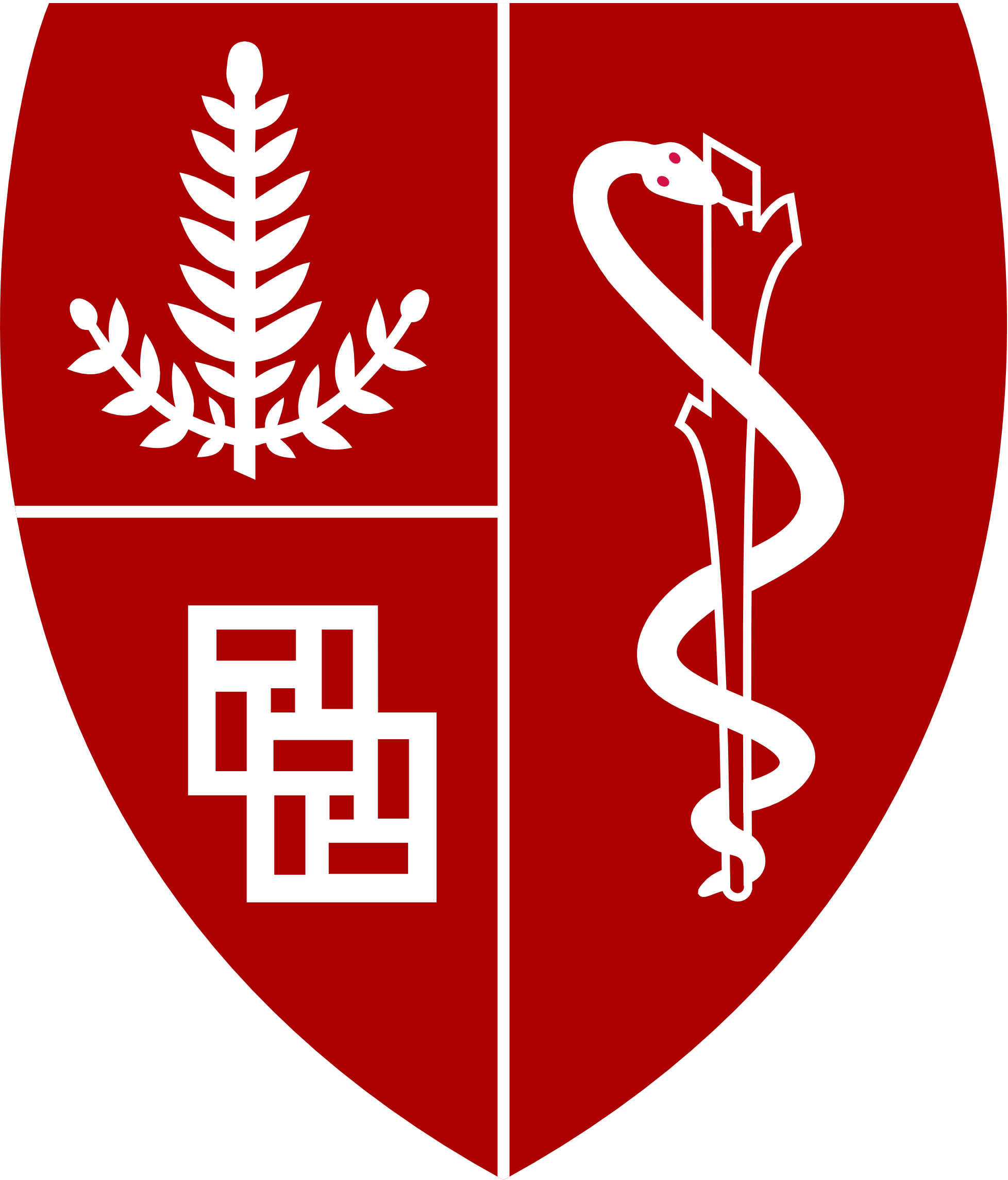| Citation | Urban J, Soulard A, Huber A, Lippman S, Mukhopadhyay D, Deloche O, Wanke V, Anrather D, Ammerer G, Riezman H, Broach JR, De Virgilio C, Hall MN, Loewith R. Sch9 is a major target of TORC1 in Saccharomyces cerevisiae. Molecular cell, 2007. |
| PubMed ID | 17560372 |
| Short Description | Response to rapamycin in cells carrying a CEN based copy of SCH9; 3 hr time course |
| # of Conditions | 5 |
Full Description

|
The Target of Rapamycin (TOR) protein is a Ser/Thr kinase that functions in two distinct multiprotein complexes: TORC1 and TORC2. These conserved complexes regulate many different aspects of cell growth in response to intracellular and extracellular cues. Here we report that the AGC kinase Sch9 is a substrate of yeast TORC1. Six amino acids in the C terminus of Sch9 are directly phosphorylated by TORC1. Phosphorylation of these residues is lost upon rapamycin treatment as well as carbon or nitrogen starvation and transiently reduced following application of osmotic, oxidative, or thermal stress. TORC1-dependent phosphorylation is required for Sch9 activity, and replacement of residues phosphorylated by TORC1 with Asp/Glu renders Sch9 activity TORC1 independent. Sch9 is required for TORC1 to properly regulate ribosome biogenesis, translation initiation, and entry into G0 phase, but not expression of Gln3-dependent genes. Our results suggest that Sch9 functions analogously to the mammalian TORC1 substrate S6K1 rather than the mTORC2 substrate PKB/Akt. |
Tags
 |
Contact: sgd-helpdesk@lists.stanford.edu


